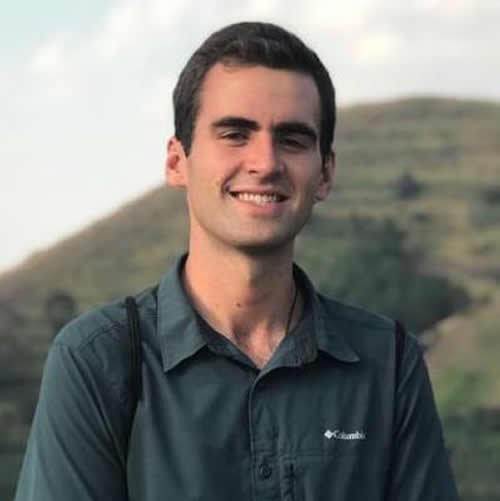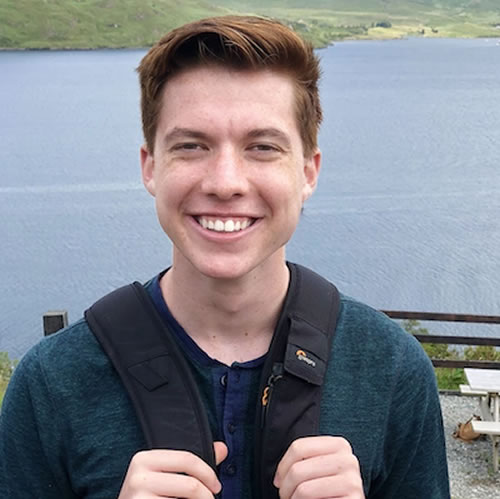SESSION 2: 11:45 AM - 1:15 PM
Panel A: Welcome to the (Concrete) Jungle: Exploring Urban & Rural Experiences
C102 Hesburgh Center
Moderator: Thomas Mustillo

Public Transportation and regional employment: a GIS-based comparative case study of the accessibility of industrial park in the Greater Buenos Aires area
Chenyu Wang, Haverford College
The accessibility of transportation is considered a critical element of urban development and employment opportunities. This study seeks to analyze the problem of the low rate of local employment of Malvinas Argentina, concerning the low level of connectivity between the industrial and residential zones. To investigate this spatial mismatch of employment opportunity and residential core in the context of the Greater Buenos Aires, this study also compares the municipality of La Matanza with Malvinas Argentinas, for its similarity in geographic location and economic structure. Geographic Information System is used to inspect the spatial mismatch through visualization of bus lines and the residential clusters.
The Case for a Third Party: Modeling the Role of Mediators in Spurring Collaborative Water Governance in Rural Ecuador
Adam Wiechman, University of Notre Dame
Abstract
Today’s water crisis is primarily a crisis of governance. In development work, facilitating effective resource management has emerged as a core component to achieving water and sanitation goals, and of these efforts, decentralized community management has become a prominent way to embrace local knowledge and place stake in the hands of actual users. However, many scholars have cautioned that this focus fails to consider the way power operates at multiple levels of governance within a country and can render community management futile. This study focuses on the case of Ecuador. The country’s national water policies feature bold commitments to universal water rights and community management, but past studies have pointed to poor relations between political entities and communities as a root cause of these problems. Success stories, though, of public-community partnerships have emerged as ways to overcome relational difficulties and refocus priorities towards rural communities. Specifically, these success stories point to the key role of third party mediators in bridging the gap towards collaborative governance. This study provides a theoretical explanation for this phenomenon through an agent-based modeling approach. The model’s findings, supported by empirical evidence, illuminate the transformational power of public-community partnership networks in increasing rural water access and the need for third party mediators in otherwise non-cooperative environments.

Gendered Resiliency and Barriers to Peer-to-Peer Support in Nairobi's Peri-Urban Spaces
Thomas Quigley, University of Notre Dame
Abstract
The densification of urban space in many African cities is rapidly influencing the availability, use, and function of social spaces, especially for women. In the eastern Nairobi neighborhood of Dandora – where financial resources are often scarce, tenancy is short-lived, residents are geographically isolated from their families, and neighbors are commonly strangers newly migrated from all regions of Kenya – the walls often feel quite thin. Over seven weeks in Dandora, I collected data focusing on how women’s perceptions of their nearby friends’, families’, and neighbors’ trustworthiness influence their individual and household resiliency and help-seeking behavior. In-depth interviews and focus group discussions often reflect Dandora women’s strong and consistent collaboration for overcoming financial challenges through small rotating savings groups (chamas). However, when it comes to seeking and receiving emotional support, respondents often express a general feeling of distrust of one’s neighbors, a sense of high competition between households, and difficulty connecting with other women facing similar challenges. These results aim to inform efforts to build sustainable and resilient communities in Kenya, as many ongoing programs appear to be strengthening households but possibly not the communities themselves.

At the Heart of Obesity: A Study of Food Culture of Samoans in South Auckland, New Zealand
Joseph Drey, University of Notre Dame





